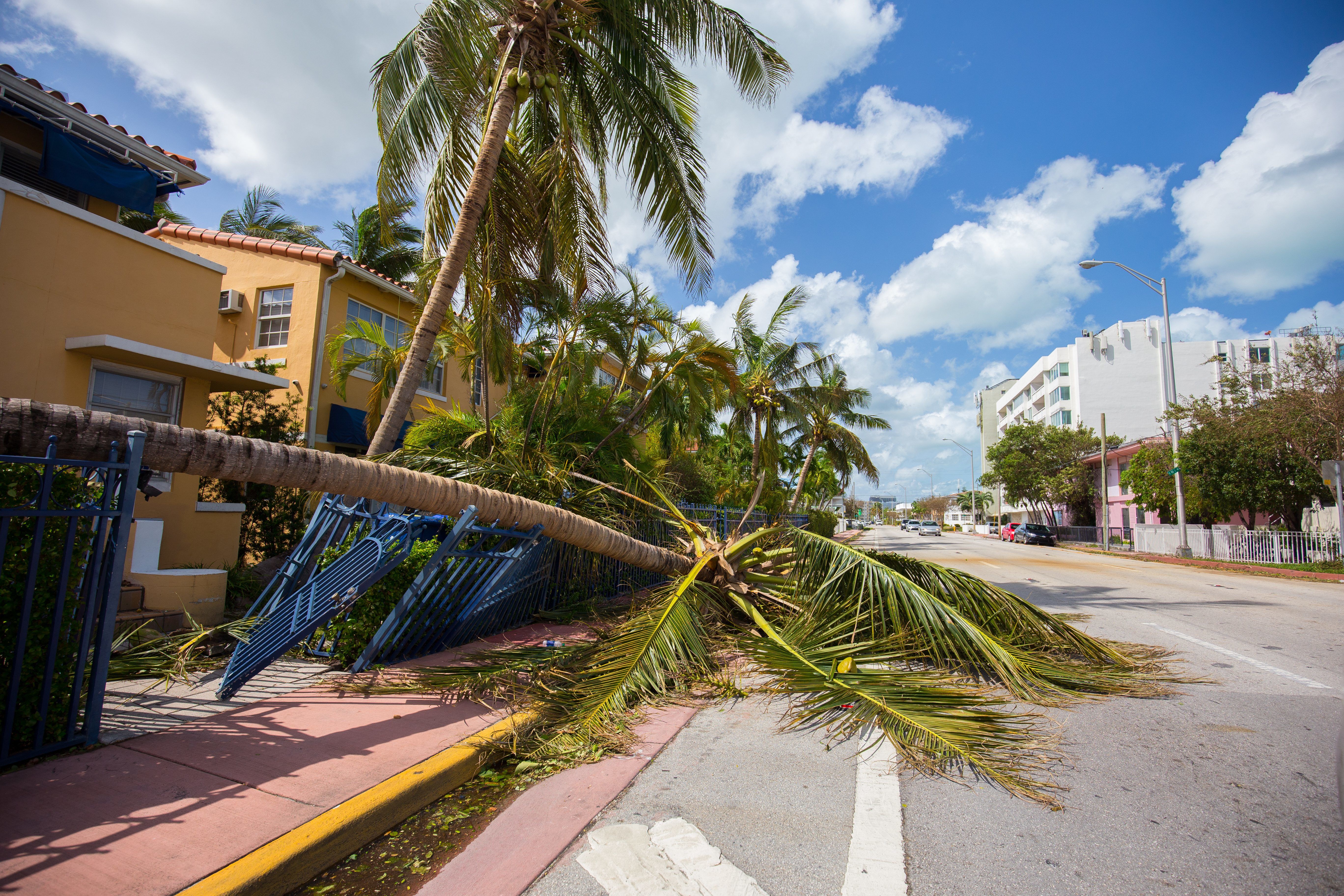As Mike Tyson said, “Everybody’s got a plan until they get hit.” This hurricane season is confirming the need for community associations to develop the right plans, learn from their experiences and continually refine their plans.
Many volunteer community association boards and their managers already know they should have date-stamped videos of their properties and enough money on hand (fully funded reserves or lines of credit) for storm repairs. Some highly prepared boards also have pre-negotiated debris removal pricing from landscapers, have adopted and tested emergency plans and have recently reviewed their insurance policies with their insurance agents and association attorneys to ensure they properly understand their coverage limits and deductibles.
Prepared communities will fare better in direct strikes from major storms than unprepared communities in less fearsome storms. Boards can best protect their communities by taking key steps:
- Separate the urgent from the important: After storms, boards should immediately secure buildings from water intrusion, clear debris, and dry out units. Florida condominium, cooperative and homeowners’ associations have emergency powers whenever the governor declares a state of emergency, including the right to enter units, remove water-soaked items, dry out units and lien owners who fail to reimburse the association.
Selecting contractors and others to repair long-term storm damages require the same due diligence as do regular renovations or repairs. Boards must avoid signing full repair contracts and assigning insurance benefits to contractors under pressure and without taking the steps they would ordinarily take when hiring contractors.
- Don’t rely solely on insurance company adjusters. They are not there to protect associations’ claims. Boards should consult association counsel to help retain independent adjusters and/or engineers or architects to fully evaluate and compile claims.
- Wait for high-quality contractors who would ordinarily be hired for nonemergency projects. Don’t settle for unlicensed and/or out-of-state contractors.
- Maintain up-to-date emergency contact information. Websites, emails, texts, phone calls, and postal mail are important channels to keep members and residents informed of the condition of buildings, when they can safely return to their homes and expect repair work to start. Proof of consistent, informative communications can defuse potential negligence claims levied against boards.
- Prepare for an avalanche of scare tactics and misinformation after the storm , including from associations’ own insurance companies. Some insurance companies are advising policyholders that retaining independent adjusters and/or attorneys for their claims will delay their claims. Clearly, this is false.
- Continue addressing daily business. Boards that had units in collections pre-Irma might be tempted to postpone collections efforts and focus on more pressing matters. However, it is critical to continue collections, as the ability to make storm repairs depends on assessments. Abating or delaying collections activities sends the worst possible message when boards have to assemble resources to cover repairs.
- Learn from experience. As Hurricane Maria confirms, there will always be another hurricane. Hurricane plans should be updated continuously based on the problems and best practices identified in prior storms. Boards that lacked funds to address urgent matters should begin funding reserves or pursuing lines of credit before the next storm season begins. Those whose landscapers removed debris late and/or charged exorbitant prices should pre-negotiate these services and pricing. If residents expressed confusion, frustration, or anger regarding board communications, boards should confirm what went wrong and establish effective communications channels.
While we will never control Mother Nature, we can take the right steps before and after storms strike to help ensure our communities recover quickly and efficiently.
Donna DiMaggio Berger is a shareholder at the law firm of Becker & Poliakoff.
Community AssociationCondoHurricaneHurricane IrmaHurricane ProofPrepareWeather






Recent Comments